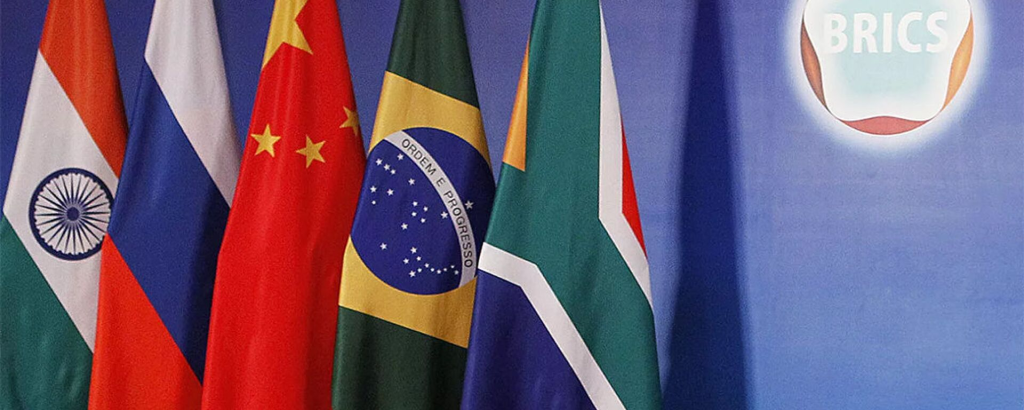BRICS countries have a global role to play in balancing international relations and building consensuses, said Ana Elisa Saggioro Garcia, general coordinator and researcher of the BRICS Policy Center.

Garcia, a Brazilian professor of international relations, made the remarks in a recent interview with Xinhua on the upcoming BRICS summit to be held in South Africa from Tuesday to Thursday.
BRICS has a global role to play to balance international relations and seeks to accumulate economic and technological power, as well as an intellectual, moral, ideological capacity to build new consensuses, she said.
Garcia explained that regarding climate change, the need for technological development focused on energy and climate issues, and the need for public policies aimed at serving the most vulnerable populations, thus BRICS will have a very relevant role in the current period.
BRICS countries offer opportunities that can generate other consequences that were neither foreseen nor desired in a capitalist system, she said, noting that BRICS needs to improve South-South cooperation.
In this sense, she highlighted China has been already providing very important aid to the African continent.
“It is necessary not only to reach top-down governmental agreements with South-South cooperation projects, but also to open spaces for participation, dialogue, exchange and audits of local populations and other actors involved in the projects so that the countries of the Global South have a voice,” she said.
On cooperation among BRICS countries, Garcia said, “BRICS needs to create institutions and common spaces where there are technology transfer and development of vaccines, technologies for sustainable development and energy transition, programs and policies that can help.”
To reform the multilateral institutions that exist today is what BRICS countries need to do for “more of a voice,” she said, noting that it is necessary for the member countries of considerable relevance in regional and global terms to be represented, countries that consider global problems and responses, not just individual issues.
On expectations for the BRICS summit, she commented that it should address “the accession of new members” into the grouping, which currently unites Brazil, Russia, India, China and South Africa, among other issues of common interest.